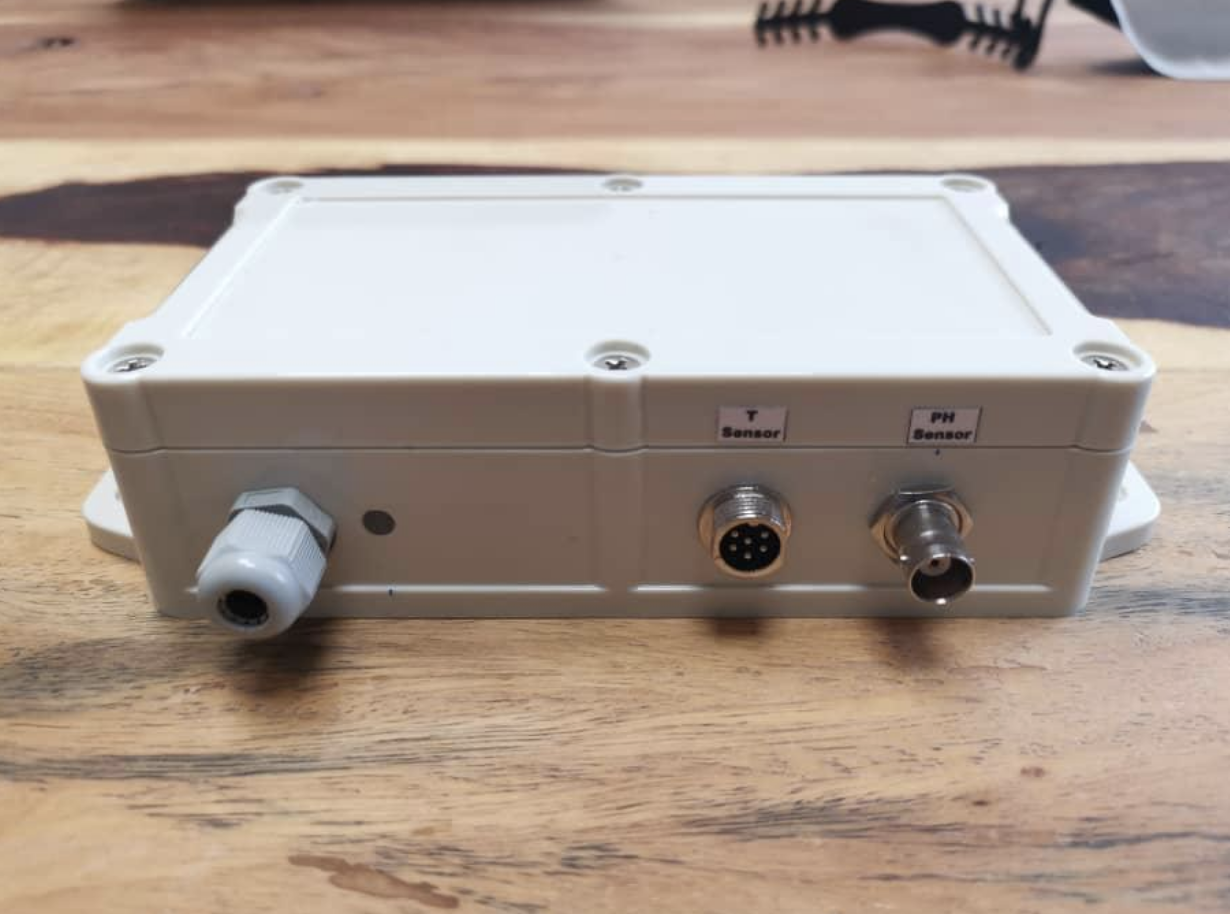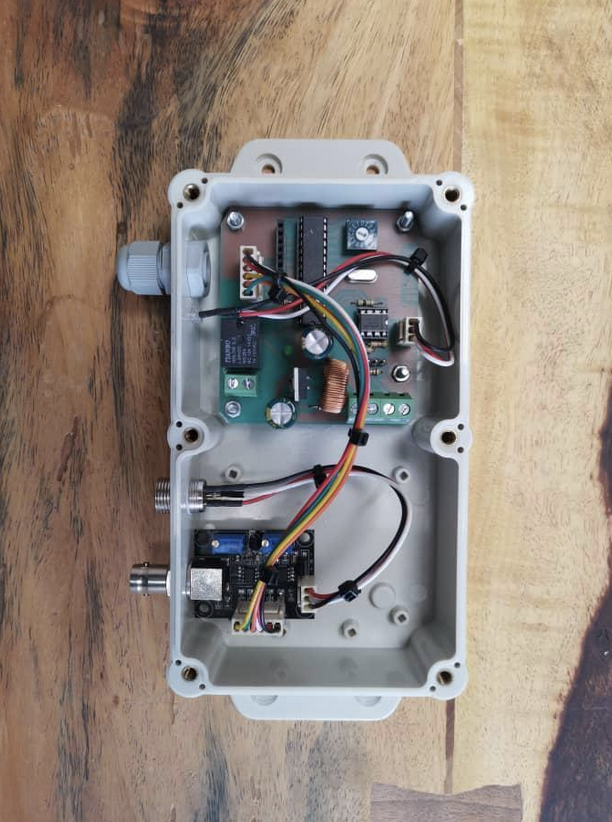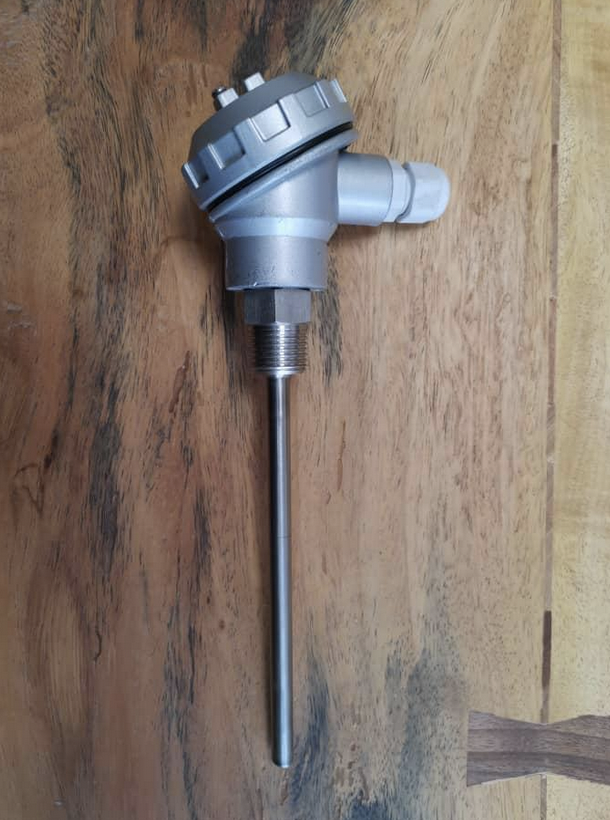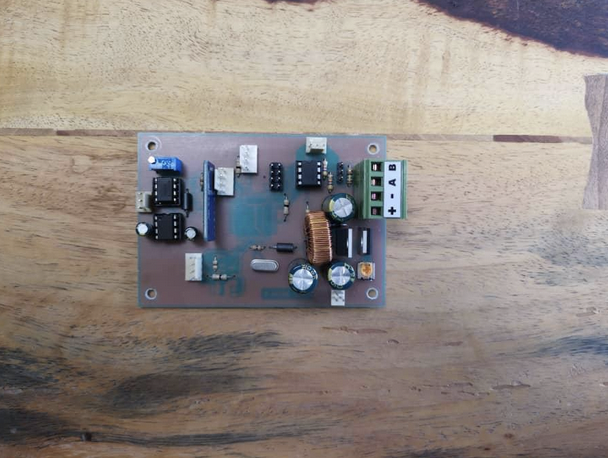A sensor is a device that can sense the measured information and transform it into an electrical signal or other required forms of information output according to a certain rule to meet the requirements of information transmission, processing, storage, display, recording, and control. With the development of the Internet of Things technology, sensors are gradually applied to more and more industries such as agriculture and industry.

In modern agriculture, sensors such as air temperature and humidity, soil moisture, soil pH, light intensity, and carbon dioxide are often used to collect data in all aspects of crop growth such as nursery, growth, and harvest. Agricultural conductivity and agricultural pH sensors are used to monitor water and fertilizer. The mixed fertilizer liquid in the integrated monitoring system is monitored.

The air temperature and humidity sensor can monitor the air temperature and humidity changes in the agricultural planting environment. The default temperature and humidity monitoring ranges are -40℃~+80℃ and 0%RH~100%RH respectively. The wall-mounted enclosure can be wall-mounted in greenhouses, etc. A shading place with good air circulation in the environment; during outdoor monitoring, it can be installed in a solar radiation shield for outdoor weather monitoring together with the agrometeorological station.

Soil moisture determines the water supply status of crops. Too high or too low soil moisture will affect the normal growth of crops above the ground. Only with suitable soil moisture, root water absorption and leaf transpiration can reach a balanced state, thereby promoting crop root growth. Our soil moisture sensor measures the volume percentage of soil moisture by measuring the dielectric constant of the soil. The soil moisture tester method that meets the current international standards can directly and stably reflect the true moisture content of various soils.

Maintaining proper soil pH is the basic requirement for normal crop growth. When the soil pH sensor detects the electrode (sensor) directly contacts the soil, the current generated by the oxidation-reduction reaction in the chemical reaction is used, and the current value will drive the data of different pH value units corresponding to the ammeter, which is converted by the host. The results are displayed in the form of numerical values; the steel needle is a special anti-corrosion electrode made of special alloy material, which is resistant to acid and alkali corrosion. The shell is completely sealed with black flame-retardant epoxy resin, and the protection level is IP68.
#DigitalTerrace
LinkedIn: @digital Terrace
Facebook: @digiterrace
Instagram: DigitalTerrace
twitter: @Digiterrace



0 Comments